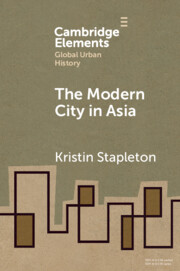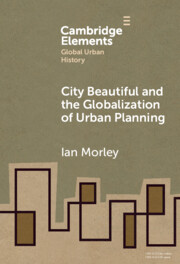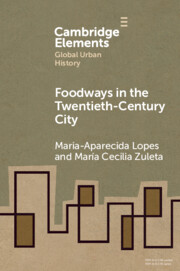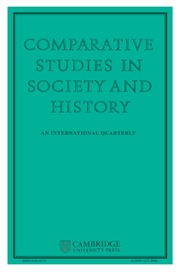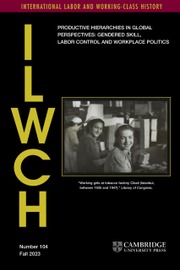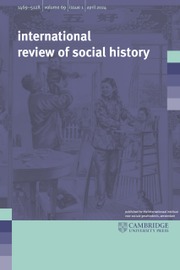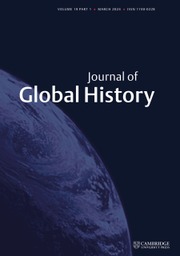The Modern City in Asia
Kristin Stapleton analyzes how concepts and practices associated with the 'modern city' were received, transformed, and contested in Asia over the past 150 years. In the early twentieth century, activists took advantage of the new significance of the city to pursue a wide variety of goals. Thus, the concept of the modern city played an important role in Asia, despite much critical commentary on the ideals associated with it. By the 1940s, the city yielded its political centrality to the nation. Still, modern cities remained an important marker of national achievement during the Cold War. In recent decades, cities have continued to play a central role in economic and cultural affairs in Asia, but the concept of the modern city has evolved. Asian ideas about urban governance and visions of future cities are significantly shaping that evolution.
Product details
August 2022Adobe eBook Reader
9781108998970
0 pages
This ISBN is for an eBook version which is distributed on our behalf by a third party.
Table of Contents
- 1. Introduction: Asia's Urban History and the Concept of the Modern City
- 2. Colonial Cities in the Age of European Imperialism
- 3. Emulation and Innovation in Cities Controlled by Asians before WWII
- 4. Asian-Based Critiques of City-Centered Development
- 5. Asian Cities during the Cold War: Decolonization and Development
- 6. Contemporary Urbanism in Asia and Asian Cities of the Future.

